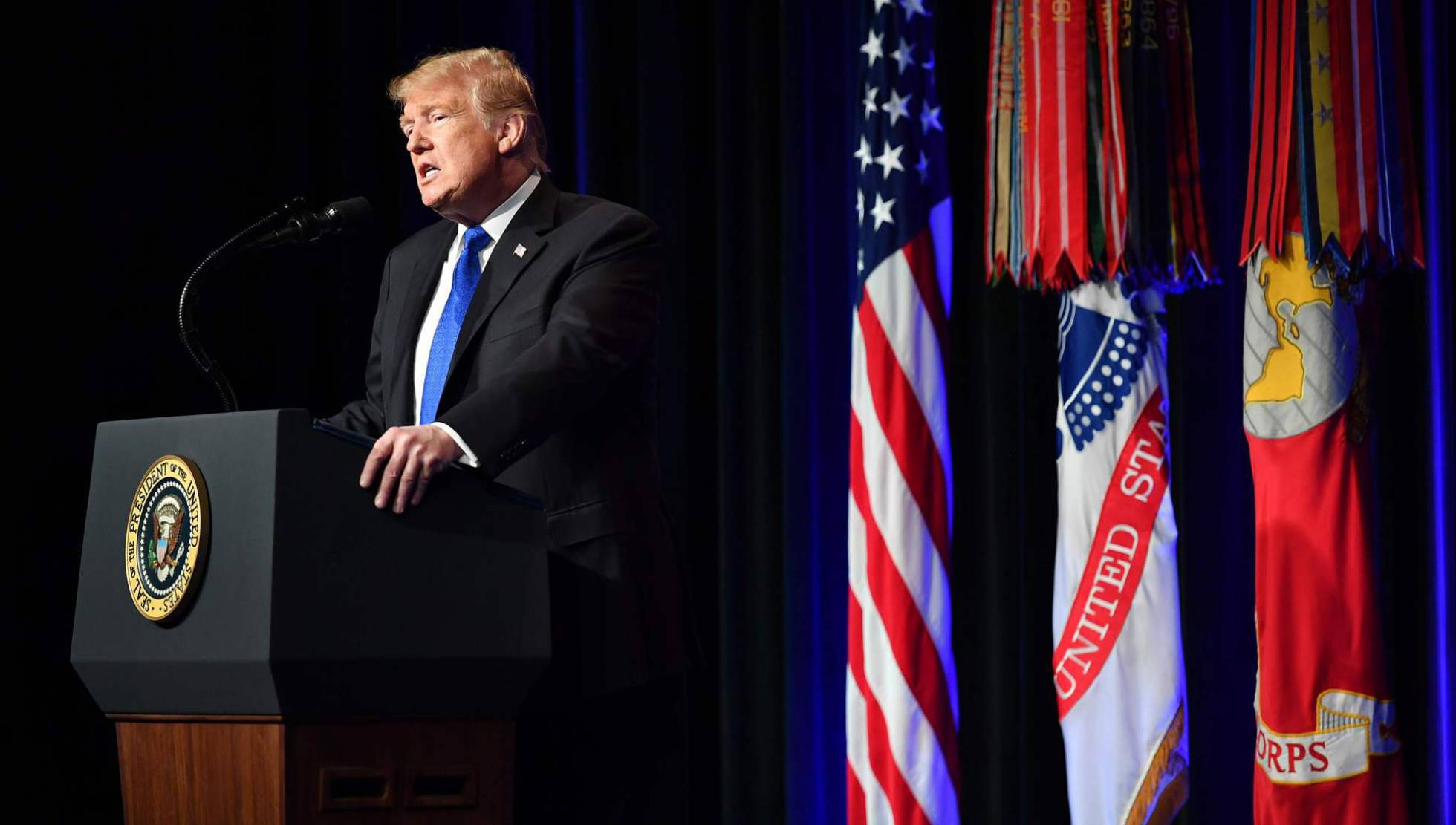
Trump’s offensive against Europe weakens Washington in particular.
President Donald Trump’s policy toward the European Union and NATO does not differ much from other decisions he has made since taking up residence at the White House, which will be exactly two years ago tomorrow. In addition to being erratic, arrogant, and based on lies and severe lack of knowledge – the extent of the head of state’s ignorance is only comparable to his audacity – it also especially goes against his country’s interests. Until now, the EU had emerged unscathed from Washington’s offensive, which included direct threats and tactless diplomacy. Trump has even had to backtrack on some of the measures he proposed, such as the imposition of tariffs on cars imported from the EU, but this does not negate the potential danger of the situation, both for Europe and the United States.
Over the last 70 years since the end of World War II, the relationship between the U.S. and Europe has been essential for global stability. Trump’s policy is not unprecedented however, as Washington has always debated the question of isolationism versus interventionism. Just like any other nation, it has defended its own interests over any absolute value. For example, its attitude to democracy had clear limits, as shown by its support of Francisco Franco’s regime.
This is hardly the first crisis of its kind: the last breakdown in trans-Atlantic relations occurred during the invasion of Iraq in 2003. On this occasion, President George W. Bush managed to create deep rifts, particularly thanks to Spanish leader José María Aznar and his British counterpart, Tony Blair. This time, Trump has failed in this regard. The EU leaders are divided on several issues, except, for the time being, on their response to the government’s displays of bravado. In general, the hawks of Washington have been against the project of EU expansion because they feel, and rightly so, that it is much easier to liaise with other countries separately than with a union comprising a population of 500 million, a population that is on an equal footing in its relationships with the world’s economic giants like the U.S. or China.
There is also nothing new or irrational about some of Trump’s requests, such as wanting the members of NATO to increase their military spending. Barack Obama did not tire of repeatedly requesting the same thing. Given the increasingly hostile position of Vladimir Putin’s Russia, the EU, Germany and the eastern European countries in particular cannot depend on Washington for defense. U.S. withdrawal from NATO, which Trump has threatened, would have a profound effect on the organization and leave the continent in a very vulnerable position.
For now, the message sent by the U.S. president to the EU countries is that they must stand more united than ever, as they have done with regard to Brexit. In fact, those in favor of a hard Brexit for the U.K. should think twice if they believe they have a loyal partner on the other side of the Atlantic while the property magnate occupies the White House. Even though he may not know it, by attacking Europe, the president has above all created problems for the United States, which now finds itself more isolated, more vulnerable and more at the mercy of Moscow than ever. Given that the FBI is considering whether Trump has been working for Russia, perhaps this is his goal. If this is true, he is going about it the right way.

Leave a Reply
You must be logged in to post a comment.